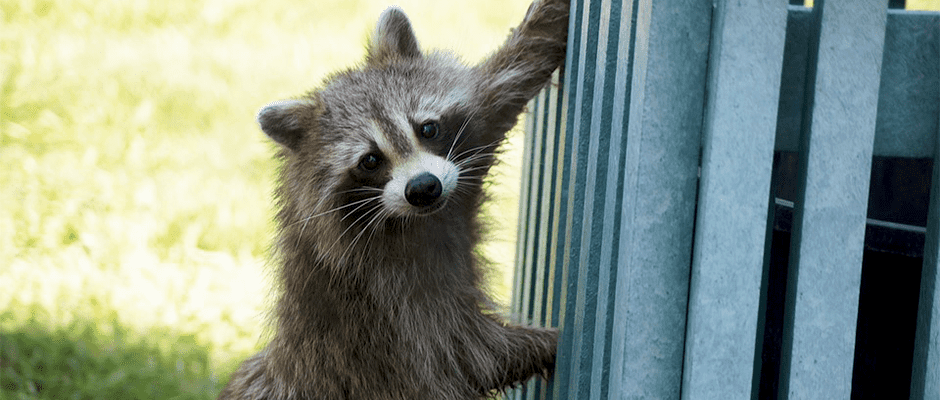Share this article
Do animal brains spell trouble for humans?
Intelligence in crows (Corvus spp.), raccoons (Procyon lotor), coyotes (Canis latrans) and other species can make them an annoyance to people who live alongside them, but researchers found that tapping into their cleverness may be a way to manage these human-wildlife conflicts.
“A lot of similar cognitive abilities might be causing these animals to be more likely to come into conflict with humans,” said Lisa Barrett, first author on the study published in Animal Behaviour. “Animal cognition is hopefully raising new thoughts for researchers, and this type of research could be used to inform management decisions or the mitigation of conflict for conservation.”
In 2017, Barrett, a doctoral candidate at the University of Wyoming, and her colleagues conducted a review of the literature on human-wildlife conflict. They evaluated the role cognition played in the disturbances that a broad assortment of species — from ants and bees to pigeons and elephants — wrought on people in their paths. The team found that some species’ acute ability to learn, remember, solve problems, innovate and adapt their behavior predisposes them to getting into trouble with humans and outsmarting strategies put in place to curb their impacts.
“If you’ve tried to keep a raccoon out of your trashcan, it’s innovated a solution to get in,” Barrett said. “You might try tying a bungee cord around your trashcan the following night. And if it figures out a new solution to the same problem, that would be an example of behavioral flexibility. Social learning also seems to be big factor. Maladaptive problematic behaviors are being spread socially. And using memory, corvids are learning which humans are not so dangerous so they don’t have to pay attention to them.”
Current avenues for conflict alleviation include scaring away species like coyotes from places of human activity where they’ve become habituated, she said, which teaches them to avoid highways and neighborhoods, especially during the day. Barrett calls for further research to examine cognition in a greater range of wildlife in urban and rural habitats and determine how to channel species’ smarts to decrease run-ins with humans.
“We might be able to redirect some of these cognitive abilities to mitigate conflict if we think creatively,” she said. “Maybe we can train animals to dispose of litter in automated receptacles and get rewarded for that. But we also need more information about how these animals are navigating cities.”
Barrett and her team are now investigating whether individual cognitive factors and personality characteristics influence elephants’ chances of acquiring and spreading potentially bothersome behaviors.
Header Image: A raccoon works to outsmart a fence in a community in Ontario, Canada.








